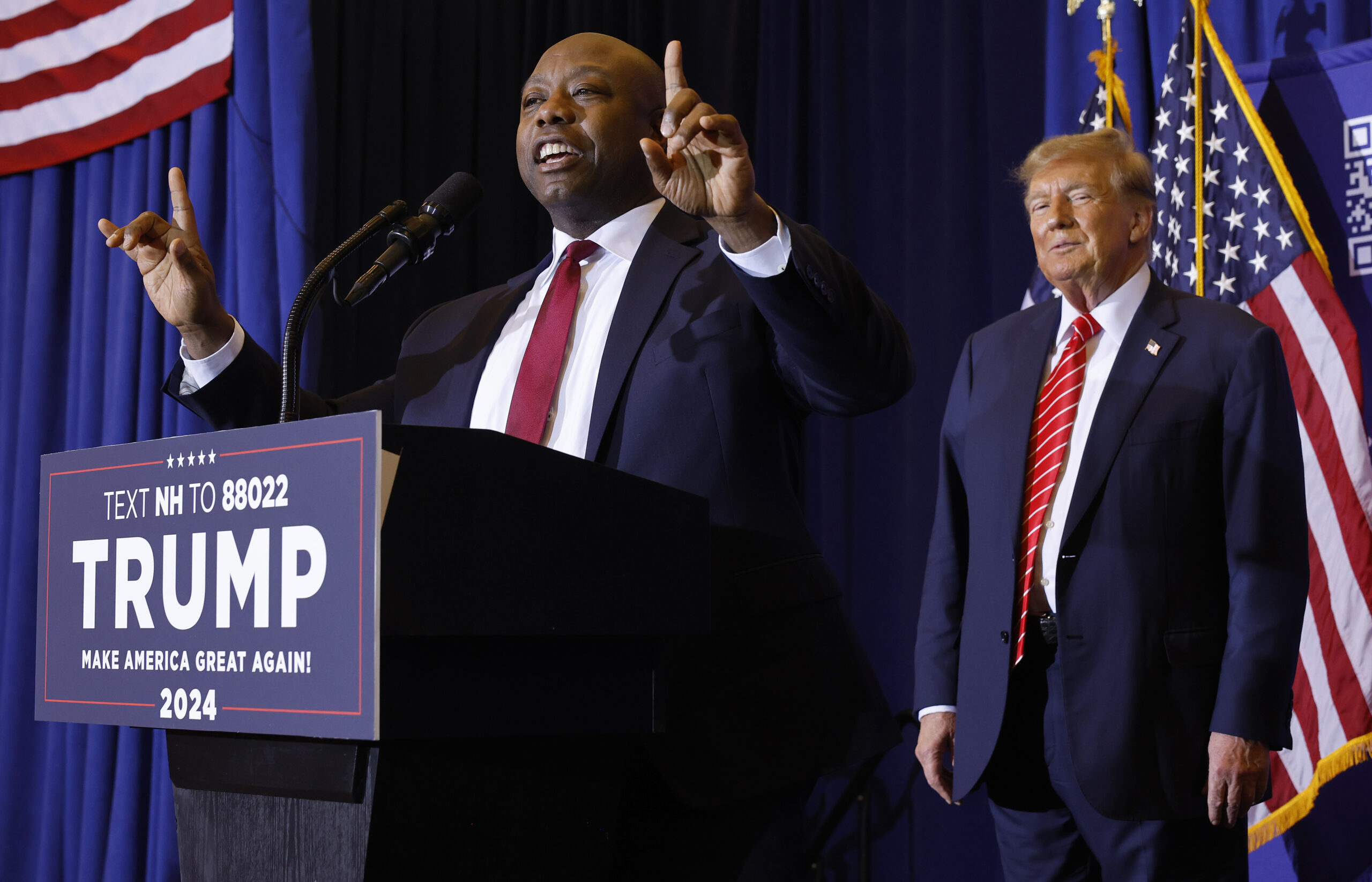U.S. Sen. Tim Scott is reportedly on Donald Trump’s brief listing of candidates to affix his ticket, elevating the query of who would exchange South Carolina’s junior senator — and the way.
Scott has been thought of a possible operating mate for Trump since he dropped out in November, when the GOP presidential area was nonetheless crowded. However hypothesis actually ramped up after Scott’s on-stage endorsement of Trump two months later. Scott’s been such an enthusiastic supporter, Trump has mentioned the senator’s a greater campaigner for him than Scott was for himself.
“He did nicely (within the major), however he wasn’t as forceful as he’s, as a result of he doesn’t need to discuss himself. So attention-grabbing,” Trump mentioned at a rally in North Charleston in February.
Hypothesis could finish Thursday night time.
Trump has teased that he “more than likely” would announce his choose for vp throughout his televised debate with President Joe Biden in Atlanta.
If Trump chooses Scott, and their ticket wins in November, South Carolina’s subsequent U.S. senator would take workplace the identical manner Scott did in 2013.
By state legislation, the governor replaces any U.S. senator who leaves workplace earlier than the time period ends. The interim appointment lasts via the following common election, thought of a particular election for the Senate seat, based on the state Elections Fee.
In December 2012, then-Gov. Nikki Haley appointed Scott to interchange U.S. Sen. Jim DeMint of Greenville, who resigned two years into his six-year time period to guide the Heritage Basis, a conservative suppose tank.
Scott had simply received re-election to the coastal 1st Congressional District. However as a substitute of beginning a second time period within the U.S. Home, the previous Charleston County Council chairman was sworn in to the U.S. Senate in January 2013, changing into the South’s first Black Republican senator since Reconstruction.
Preserving the seat required going via the common election course of in 2014. Scott received the GOP major that June by an 80-percentage-point landslide, then beat his Democratic challenger by 24 factors that November to meet the remainder of DeMint’s time period.
Scott then trounced his competitors in 2016 to win his first full time period. He had one other straightforward win in 2022 for a Senate race he’s mentioned was his final.
If Scott leaves the U.S. Senate after November — equally two years right into a six-year time period — Gov. Henry McMaster would appoint his alternative.
South Carolina is one in all 37 states that makes use of a gubernatorial appointment to fill Senate vacancies till a common election. Of these, 10 require the governor to nominate an interim of the identical political occasion because the departing senator, based on the Congressional Analysis Service.
South Carolina doesn’t mandate that events match. Nonetheless, it’s a on condition that McMaster, a former state Republican Social gathering chairman, would appoint a Republican.
On this hypothetical situation, ought to McMaster’s appointee need to keep within the Senate, the interim would face a possible major and common election in 2026 to serve out the rest of Scott’s time period via 2028.
McMaster had no touch upon whether or not he had any candidates in thoughts to interchange Scott.
“It might be untimely at this level to make plans,” McMaster spokesman Brandon Charochak mentioned Wednesday.
A spokesperson for Scott declined to remark.
It’s potential for governors to take a Senate seat for themselves when a emptiness happens. However voters typically don’t look kindly on that.
It’s occurred solely as soon as in South Carolina.
In April 1965, then-Gov. Donald Russell resigned following the demise of U.S. Sen. Olin Johnston, permitting Russell’s lieutenant governor to ascend to governor and appoint him to the empty Senate seat.
However Russell didn’t keep within the Senate lengthy.
He was ousted from the seat by Fritz Hollings within the 1966 Democratic major. Hollings not solely fulfilled the remainder of Johnston’s time period however remained South Carolina’s senator for 38 years, making him the eighth longest-serving U.S. senator in historical past as of his demise in 2019. (When Hollings retired in 2004, voters elected DeMint to interchange him.)
